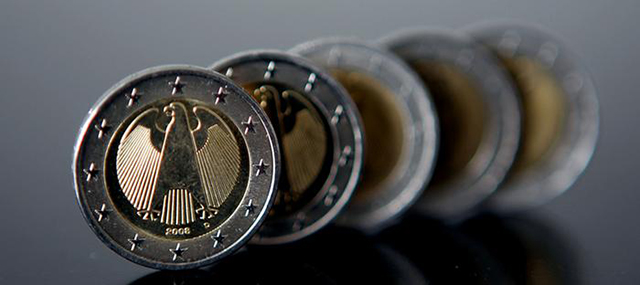Ifo | Extending the operating lives of Germany’s three nuclear power plants would reduce the German electricity price by 4 percent next year, according to calculations by the ifo Institute. The nuclear power plants would generate about 4 percent of Germany’s electricity. However, the share of natural gas in power generation would drop only from 8.3 percent to 7.6 percent. “This is because nuclear power isn’t a 1:1 replacement for natural gas; rather, it also displaces coal, especially in the short term,” says ifo electricity expert Mathias Mier.
It is primarily gas-fired power plants that compensate for fluctuations in demand and in renewables. Nuclear power is unsuitable for this purpose, and its cost structure calls for continuous operation. Mier moreover points out that not all determinants of future electricity consumption and, in particular, of natural gas availability in winter are known today. That is why it may make sense to keep the option of nuclear power open beyond a crisis-related, short-term lifetime extension next year. He estimates that nuclear power plant operators can expect profits to unexpectedly be EUR 7.9 billion higher this year due to high natural gas prices. Other operators are also generating high unexpected profits. Mier believes that the debate about changing the design of the electricity market is “not expedient, because the electricity market works. What isn’t working is the natural gas market, where policymakers came up short on diversification.”





